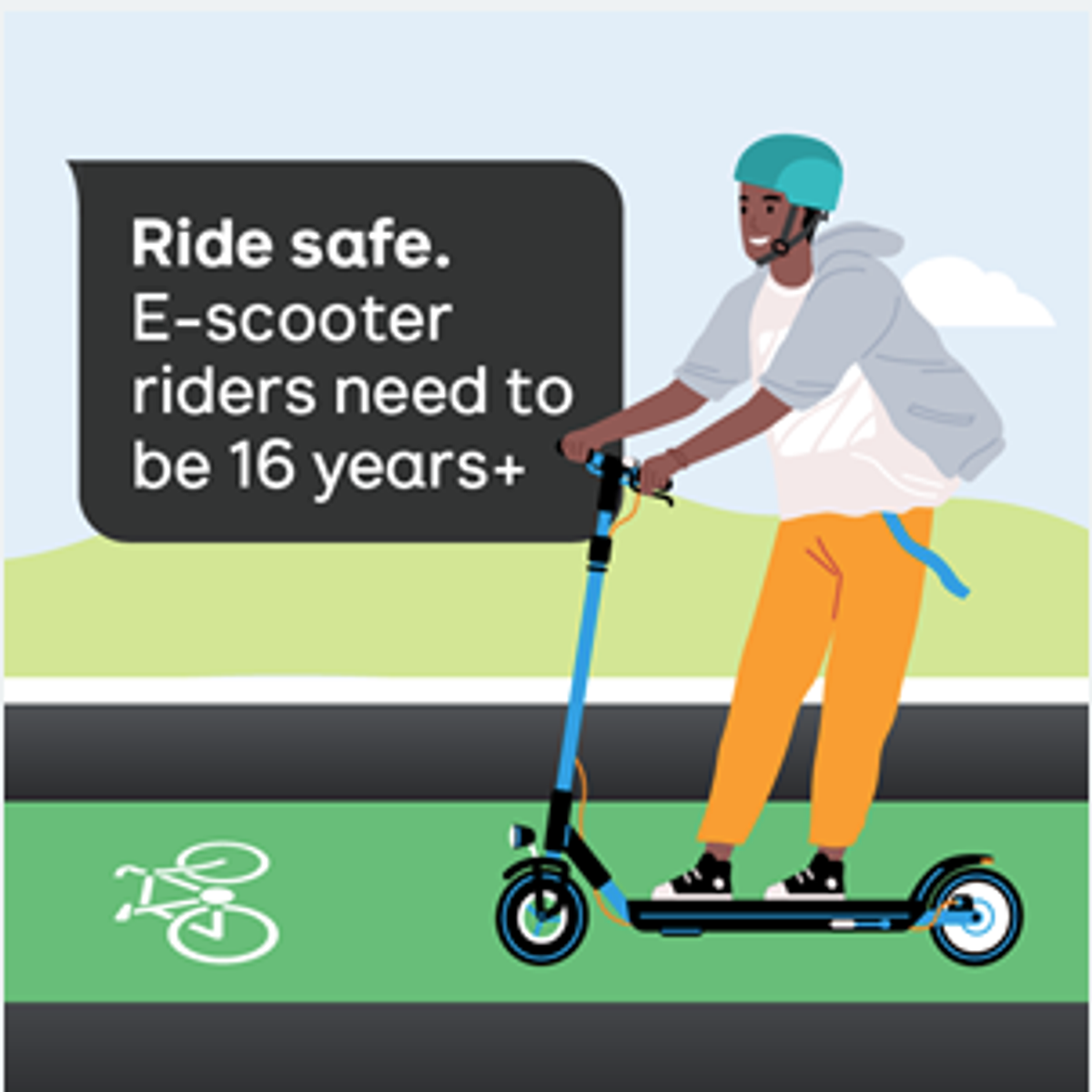Parent Education
Find the latest information to help you manage online safety issues:
Resilient Youth Australia
The Resilience Project
Bike and Scooter safety travelling to and from school
By law:
Yarrabing Secondary College does not condone the use of e-scooters as a form of travel to and from school by students as it is against the law.
Mandatory bicycle helmet laws apply when riding a bike or scooter:
- on roads
- on bike paths and shared paths
- in bike lanes
- in recreational parks
- in car parks
- on footpaths.
Police can stop bike and scooter riders and issue a fine or a warning for not wearing an approved bicycle helmet.
To provide appropriate protection, helmets must be worn correctly. Fitting instructions for bike helmets are shown below.
Attendance
Showing up for school has a huge impact on a student’s academic success starting in kindergarten and continuing through secondary school. Even as children grow older and more independent, families play a key role in making sure students get to school safely every day and understand why attendance is so important for success in school and beyond.
Did you know?
- Students should miss no more than 9 days of school each year to stay engaged, successful, and on track to graduation.
- Absences can be a sign that a student is losing interest in school, struggling with schoolwork, dealing with a bully, or facing some other potentially serious difficulty.
- Missing 10 percent, or about 18 days, of the school year can drastically affect a student’s success.
- Students can be chronically absent even if they only miss a day or two every few weeks.
- Attendance is an important life skill that will help your child maximise their full potential.
What you can do
Make school attendance a priority
- Talk about the importance of showing up to school every day, make that the expectation.
- Help your child maintain daily routines, such as finishing homework and getting a good night's sleep.
- Try not to schedule dental and medical appointments during the school day.
- Don't let your child stay home unless truly sick - complaints of headaches or stomach aches may be signs of anxiety.
Help your child stay engaged
- Find out if your child feels engaged by his classes and feels safe from bullies and other threats. Make sure they are not missing class because of behavioural issues and school discipline policies. If any of these are problems, work with your school.
- Stay on top of academic progress and seek help from teachers or tutors if necessary. Make sure teachers know how to contact you.
- Stay on top of your child’s social contacts. Peer pressure can lead to skipping school, while students without many friends can feel isolated.
- Encourage meaningful afterschool activities, including sports and clubs.
Communicate with the school
- Find out if your child feels engaged by their classes and feels safe from bullies and other threats.
- Talk to teachers if you notice changes in behaviour ‐ these could be tied to something at school.
Dina Becvinovski
Assistant Principal - Students & School Operations


